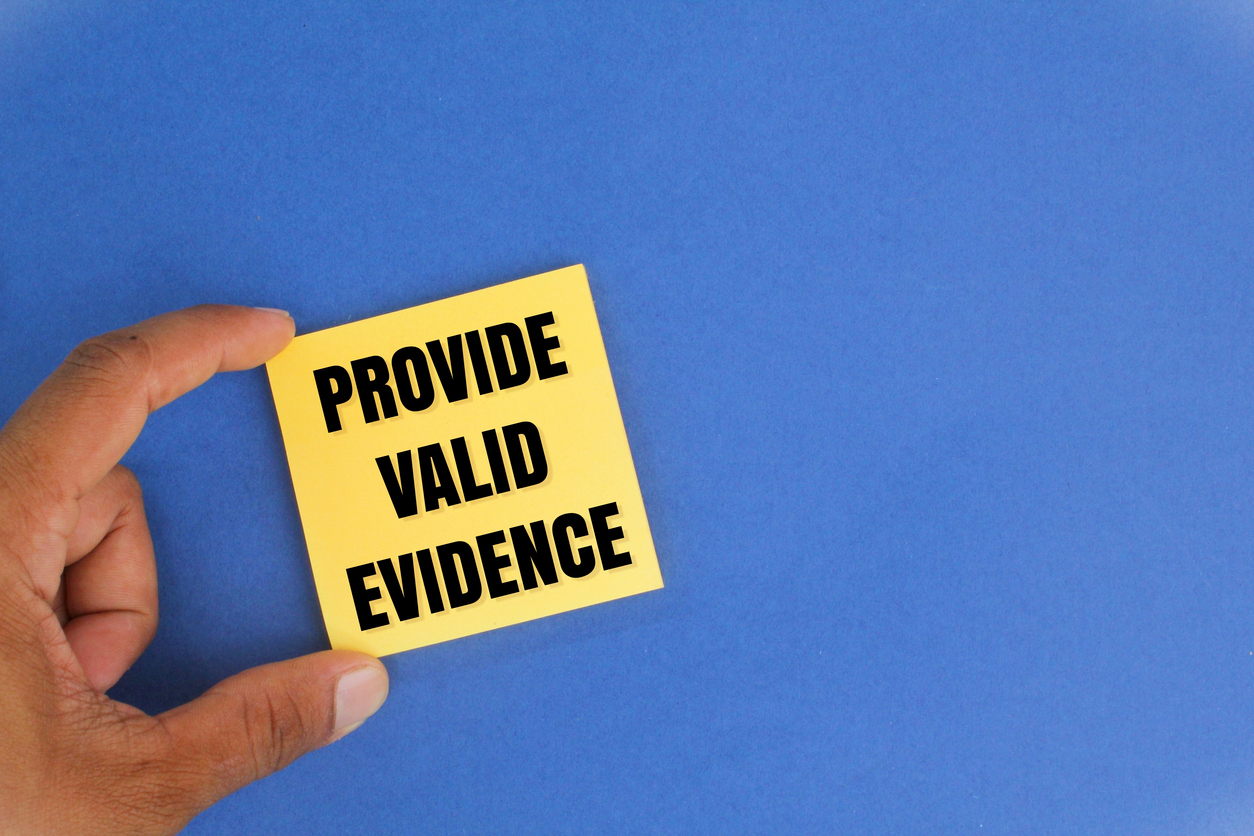“You know the insurance company is going to cut the estimate in half, so you have to beef it up.”
While this is an understandable opinion, given the well known actions of many insurance companies to lowball offers, I rely on what my mom taught me when I was growing up – two wrongs don’t make a right. Intentional lowball offers constitute bad faith tactics in the same way inflated claims do. I understand that lowball offers are a very real problem and insurance companies should be subjected to the same fraud allegations as insureds who make inflated claims. Unfortunately, insurers aren’t required to sit for an Examination Under Oath (EUO) to get justification of their numbers, although they may find themselves in unpleasant bad faith lawsuits. Ultimately, intentionally making an inflated in anticipation of a low offer is not right. It is an excuse to do something wrong and it probably will have detrimental consequences.
If an estimate is significantly higher than the carrier’s evaluation of the claim, SIU (Special Investigative Unit, the fraud division) likely will become involved. A fraud investigation is no fun for any insured; it essentially guarantees that they will be asked to sit for an EUO and all of the other excitement that goes along with that endeavor.
Once SIU is involved, the entire tenor of the claim-handling changes. The policyholders will be looked upon as fraud perpetrators. They can expect investigators to be dispatched by the insurer to question their neighbors and associates concerning the claim and circumstances of the insured’s life. The information garnered will then be used at the EUO, if possible, against the policyholder. The policyholder will also be asked for reams of documentation, which can include financial records, records of repairs, records of renovations, records of prior insurance claims, records of prior lawsuits, etc. The carrier will use these documents, the facts learned through investigating the claim, and responses in the EUO to narrow the perceived fraud into one of three explanations: outright over-inflation of the claim in scope or pricing; a failure to mitigate, causing damage to worsen; or the policyholder trying to include areas with uncovered damages or areas where the insured is renovating the home.
If the carrier believes the claim to be black-letter fraud, their questions will focus on the insured’s finances. You can expect them to ask for tax returns, monthly debt invoices, loan documents, credit card account summaries, and like items. Rest assured, a good fraud attorney will ask the policyholder to outline their monthly/yearly income as compared to their debts, with a deficit showing financial distress and a motive to commit insurance fraud.
The carrier will also pry into prior insurance claims in order to see if there were areas of damage which were not completely repaired and for which the insured is seeking double recovery. If the policyholder does not have proof of the prior repairs, there will be a serious problem, as it bolsters the carrier’s position.
As likely as it is that any good person will suffer a covered loss, it is substantially unlikely that one good person will suffer multiple insurance losses. Believe it or not, there are a few people who are serial insurance claim frauds and look upon policies as contracts for supplemental income. Similar to the serial claims frauds, are the people who have a loss and attempt to expand its scope in order to renovate a kitchen or bathroom. All public adjusters and attorneys should take a skeptical eye to a claim where the damage overlaps areas of renovation or where the scope of the loss appears overreaching. Policyholders should know that while some contractor may give them a wink and a nod about including an undamaged bathroom in the scope of his work, at the end of the day it’s the policyholder on the hook for that fraud. All policyholders should be able to answer questions as to when renovations began, when completed, and proof of payments made.
This is not to say that claims should be inaccurately low so that SIU does not become involved – sometimes there are genuine differences in opinion and there is no way to get around a fraud investigation. The best practice is to submit claims as accurately as possible. We can’t control the actions of the insurance company, and if their actions do raise to the level of fraud or some other instance of bad faith, there is a remedy in Florida that will allow for extra-contractual recovery.




